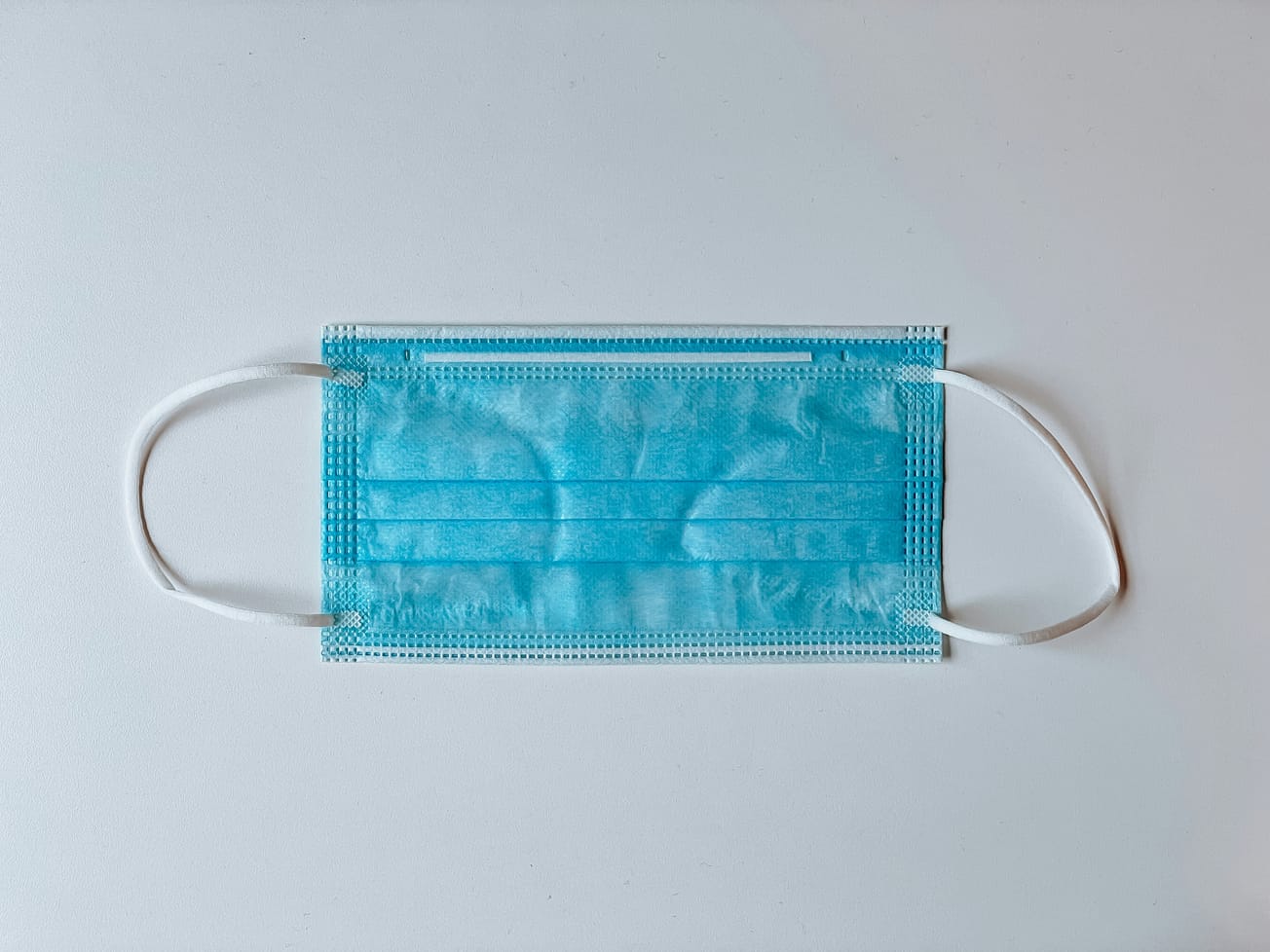Katie Sowerby, Co-Deputy Opinion Editor
Content warning: Contains recounts of spiking
The spiking crisis, as we can all agree, has become an epidemic among British nightlife. In recent months it has become a common occurrence to see new stories appear all over social media and in real life.
The Girls Night In campaign cannot come soon enough. This horrific spineless act has affected the majority of young women as they have been spiked themselves, or have witnessed their friends being spiked.
I have my own experiences as someone who was recently spiked on a night out, as well as my friend. Unlike others I was extremely lucky to wake up in my bed with a close friend who had taken me out of a bad situation, preventing any further harm from coming to me. However, for other women, this is not the case.
Two arrests made after Bristol drink-spiking video https://t.co/Uh8MAY9kme
— BBC News (UK) (@BBCNews) October 3, 2021
Waking up on Saturday morning with the last memory of being at my flat the night before was terrifying. To this day I cannot remember anything, this includes entering the club to being aided by my friend. For the next two days after I felt unwell.
If I had not been with other close friends that night I do not know what would have happened to me or my friend. And this terrifies me. I have always been careful with my drinks and speaking to strangers, so for this to happen I can say it made both me and my friends who witnessed this traumatic scene wary of going for nights out.
I felt like that night was my fault.
It sounds extremely dramatic to say, but at first, I blamed myself for allowing myself to be spiked due to the repeated lessons all girls are taught; never accept drinks from a stranger, never leave your drink unattended, and don’t dress to encourage negative attention… etc.
To add to this, unfortunately, two of our friends told us ‘Well you allowed yourself to be in this situation.’
👻 It’s SPOOKY Saturday people! 👻
— #StopSpiking Bristol Nights #BristolRules (@BristolNightsHQ) October 30, 2021
Before all you ghoulies head out, we want you to know that yesterday we distributed testing kits and resources to over 85 venues; and don’t think we’re stopping there!
Together we can stamp out drink spiking in Bristol.#drinkspiking pic.twitter.com/MSyBtJKgSM
This added blame from someone who I would have believed to be supportive and kind, which was horrific. This clearly showcases the victim-blaming culture that accompanies spiking culture. This is an underlying issue that is not spoken up about enough but which can have disastrous effects on spiking victims.
Women should not have to accept this danger as part and parcel of a night out
However, it wasn’t until a friend looked me in the eye and bluntly told me ‘No it was the men’s fault who did it to you’, when I started to see it this way.
What concerns me is that I know that I am not the first spiking victim to blame myself and not the faceless criminals who did this.
That is why I believe we should all be supporting the Girls Night In campaign as it emphasises the anger felt towards the lack of action being taken to tackle the spiking crisis by the government and nightclubs.
Due to the rise in drinks being spiked on nights out we want to ensure our students know how to respond to and recognise spiking.
— Further Education NI (@Further_NI) November 12, 2021
We urge all our students to read the information below and look out for their peers and friends on nights out. pic.twitter.com/lRA3IhjcUY
I have since discovered that my friends reported this incident to the bouncers in the nightclub and that their response was to ask us to leave. This also highlights the lack of responsibility that nightclubs are taking for these crimes.
I am, however, concerned that this spiking crisis only appeared to make national news once spiking through injections became ‘popular.’ This poses the question of whether spiking has become an accepted part of our drinking culture: it has been happening for years without any one questioning it.
Women should not have to accept this danger as part and parcel of a night out. It is up to nightclubs and other club-goers to clamp down on spiking culture.
Featured image: Redd
Have an opinion on the spiking crisis? Let us know!









